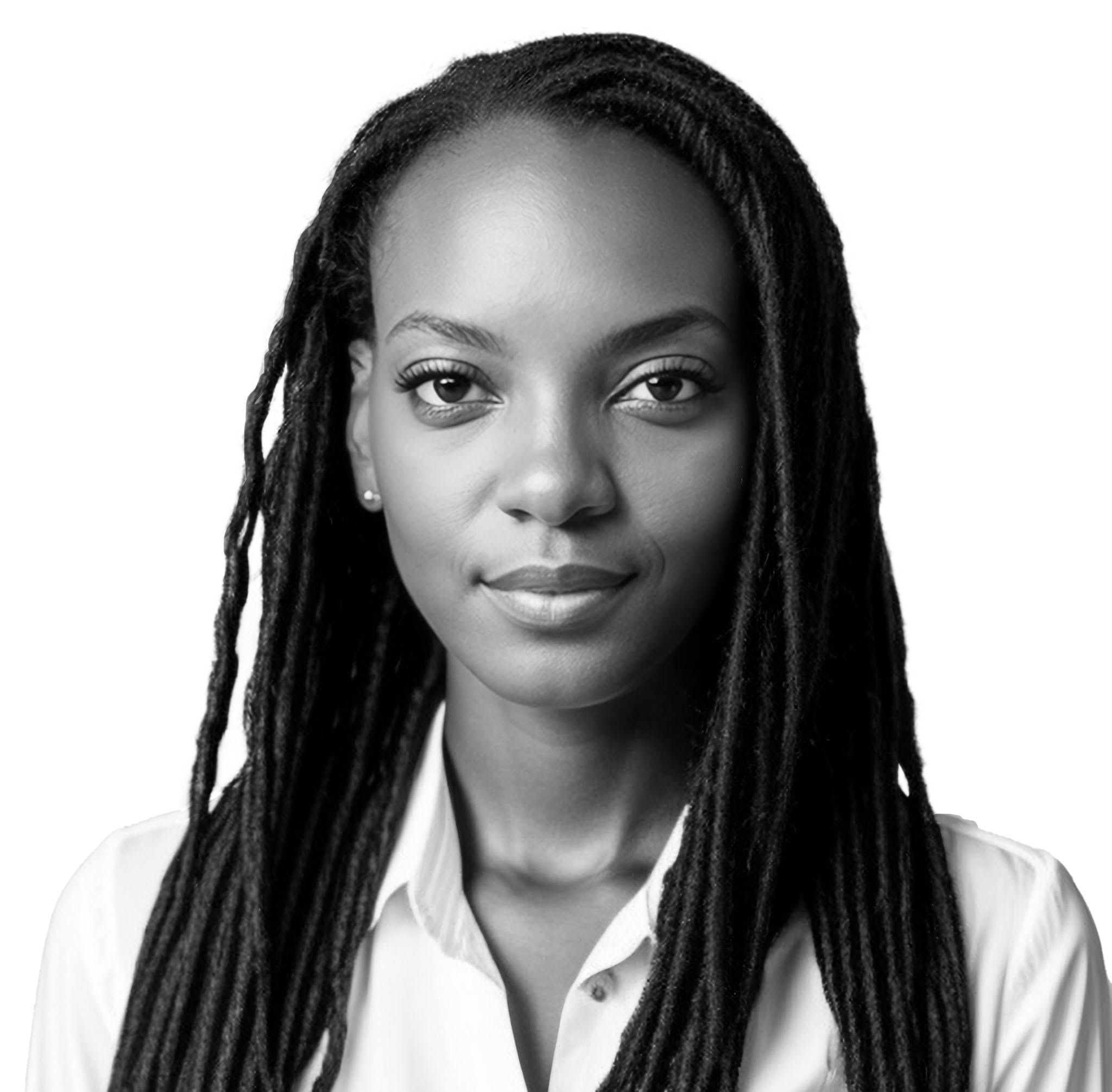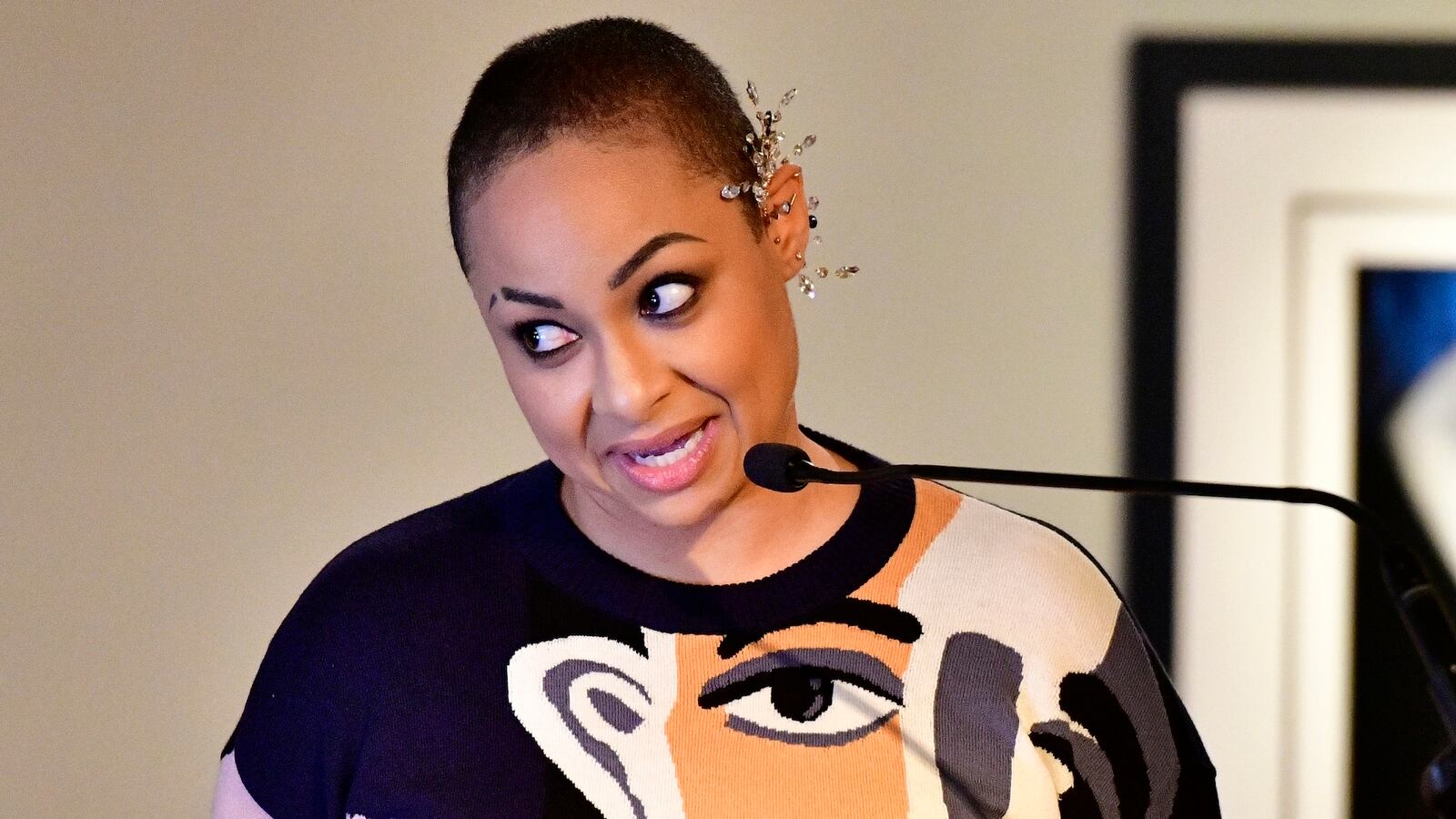Actress and Disney Channel star Raven-Symoné has finally addressed the Oprah Winfrey interview that brought her so much backlash in 2014—when she told the then-host, “I’m an American, I’m not an African American.”
10 years later, Symoné decided to address the comment after seeing a segment on Real Time With Bill Maher that featured her comments alongside actor Idris Elba’s statement that “people are obsessed with race.”
The former child star took to her podcast with wife Miranda Maday, Tea Time With Raven and Miranda, to clarify what she really meant. “I wanna talk about something that has haunted me since 2014,” Symoné on the podcast before playing the portion of the Oprah interview in which she also said, “I don’t want to be labeled gay. I want to be labeled a human who loves humans. I’m tired of being labeled.”
“A lot of people on the internet thought I said that I wasn’t Black, and I never said that,” she added. “There’s a difference between being Black and African. I identify as straight American. I’m an American, not an African American.”
Symoné says that after she said those words, people “threw my name in the garbage.”
“When that aired, I felt like the entire internet exploded,” she said. “There was so much backlash from my community and others that misunderstood, slash didn’t hear the exact words that I said.”
Rather than denying her Black heritage, Symoné said, she was trying to call attention to how the label erases Black descendant Americans and lumps them into one ethnic group along with African Americans who migrated. “I’m an American. I’m not first, second, generation African American. Stop mislabeling us,” she added.
“When I say that African American does not align with me, that label, it doesn’t mean that I’m negating my Blackness or I’m not Black,” she explained. “It means I am from this country, I was born here, my mom, my dad, my great-great-great-great-great—and that’s what I’m saying. The pure logistics of it.”
She continued, “I understand my history. I understand where my ancestors come from. I also understand how much blood, sweat and tears they’ve soaked into this earth in order to create the America that I live in today: free, happy, tax-paying, American citizen.”
She also compared navigating the world as a Black American in other countries, and how the label doesn’t work overseas: “I also know that when I’m in another country, they don’t say, ‘Hey look at that African American over there.’ They say that’s an American, plain and simple.”
Ultimately Symoné expressed that even though she received so much backlash for her choice of words back then, she feels hopeful that younger generations are asking the same questions about labels that she did.
“In 2014, I felt attacked, I felt judged and not heard,” she said. “Now it feels like society has grown. There are more people that understand the root of what I’m talking about. And I think that the younger generation is starting to break down those barriers of labeling.”






